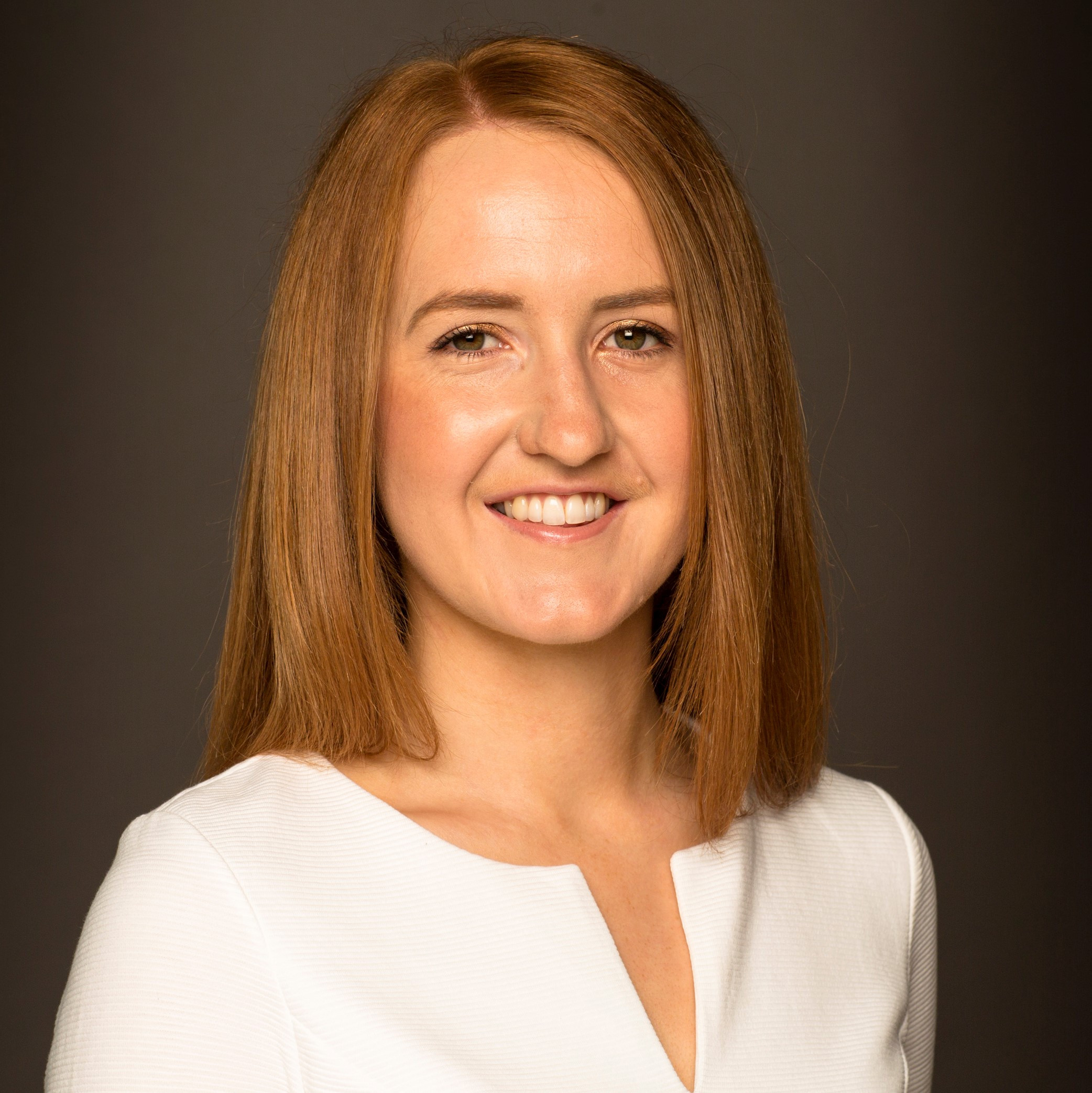Social Media Companies: ‘DIY Regulation’?
The Irish parliamentary Committee on Justice and Equality has questioned social media companies on the issues of online harassment and harmful communications in relation to the proposed Harassment, Harmful Communications and Related Offences Bill 2017. The exchange of views is interesting context for the debate on regulation of social media companies as regards online bullying and harassment, stalking, ‘revenge porn’ and other forms of harmful communications: should the state intervene or should self-regulation continue?
On 9 October 2019 the Irish parliamentary Committee on Justice and Equality met with representatives of Facebook Ireland, Twitter Ireland and Google Ireland.
Concerns raised by the Committee
The key issues raised by the Committee were accountability, enforcement mechanisms and account verification. The Committee noted that these companies currently operate a ‘notice and take down’ procedure pursuant to the e-Commerce Directive but that this procedure is largely reactive and does little to prevent online harassment and harmful communications.
The Committee questioned whether a higher level of accountability, such as criminal liability, would encourage social media companies to proactively remove harmful content. The Committee also stated that it considers these companies to be publishers given that, in addition to complying with the ‘notice and take down’ procedure, they regulate the content that appears on their platforms by enforcing their own policies and guidelines. It was also highlighted that a lack of account verification may allow users to hide behind a veil while posting harmful content.
Overall, the Committee was dissatisfied with the self-regulation of social media companies. Members felt that the current regime does not proactively protect both users and non-users against online harassment and harmful communications.
Industry responses
The social media companies defended their position noting the high degree of complexity in determining whether content is harmful. They highlighted that account verification may cause problems with respect to the GDPR and the principle of data minimisation. Facebook noted concerns that the requirement to produce State-issued identification may restrict people who do not have access to such documentation from using their services.
These companies argued that they are intermediaries and contended strongly that they do not edit content like traditional publishers. They agreed, however, that there is a need for a Digital Safety Commissioner.
Google admitted that self-regulation has not worked as well as it could have. Facebook noted that it welcomes new regulation in this area. These companies agreed that further clarification is required in this area and in particular around the definition of harm. However, they highlighted that they are global companies and that any regulation in Ireland should reflect their broad user base.
Twitter urged that any reform should consider the principles of (a) consistency with the existing legal framework, (b) effectiveness of any legislative measure, (c) proportionality, and (d) flexibility.
Looking forward
The Committee expects to publish its report in late November or December 2019. It seems likely that the recommendations will include a proposal for a Digital Safety Commissioner and for some level of accountability for social media companies, as well as related penalties.
The Committee must set a balance between the right to freedom of speech and the right to be protected against online harassment and harmful communications. There is a concern that freedom of speech may be limited if social media companies are regulated too tightly. In addition, if some level of accountability is introduced and there is ambiguity in the definition of harm, social media companies may err on the side of caution and remove any content that might in any way cause harm or offence.
In any case, social media companies can expect new regulation in this area, whether it is through the Committee’s suggested amendments to the Harassment, Harmful Communications and Related Offences Bill 2017 or the proposed Online Safety and Media Regulation Bill which is intended to implement the Audiovisual Media Services Directive in Ireland.
This document has been prepared by McCann FitzGerald LLP for general guidance only and should not be regarded as a substitute for professional advice. Such advice should always be taken before acting on any of the matters discussed.



Select how you would like to share using the options below